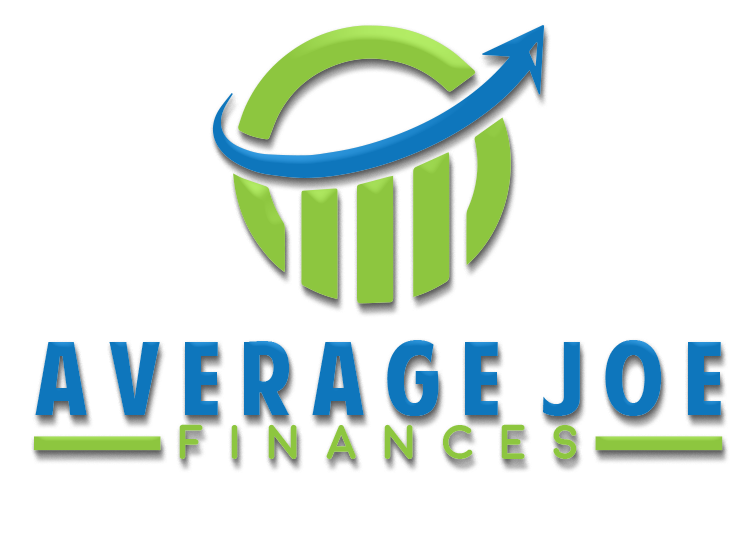A recession can happen for a number of reasons that cause the economy to slow down or stall completely. For the average citizen, this means that jobs may be few, layoffs may increase, and inflation at places such as the grocery store and the gas station may pop up as a recurring annoyance. Plan for an upcoming recession and thrive despite a sluggish economy with these tips.
1. Create an Airtight Budget
If you don’t know where a few hundred dollars in your budget is going, now’s the time to find out. Cut out unnecessary subscriptions, check your recurring auto payments, and assign a budget category to every dollar that comes your way. It’s also a good idea to invest in products that last. For example, before buying items for your pet, visit this free resource for pet lovers to find well-reviewed products.
It may be difficult at first to look at your spending, and it can be discouraging to think of “losing” fun parts of your budget, such as eating at restaurants or buying new clothes every month. Consider this money an investment in your financial security during a recession, and remember that the change is probably not forever.
If you want to learn more about the essentials of creating a budget and managing your money, visit Average Joe Finances for helpful resources. Financial coaching is also available!
2. Think of Ways You Can Pad Your Savings
Do you enjoy writing product descriptions? Perhaps you like filling out surveys while you watch TV at night, or maybe you are fluent in a foreign language that you can transcribe or translate for some extra cash. You can find many of these contracting roles online on reputable job sites.
If this doesn’t work for you, think about other ways you can add a few hundred dollars to your budget every month. Ideas could include picking up a few extra hours at work, watching a neighborhood child after school, or selling artwork, crafts, or homemade products online.
3. Pay Off Debt
If you have a large amount of outstanding debt (for example, a balance of thousands of dollars on your credit card), focus on paying this off so that the interest rates don’t sink you when a recession hits. Balance your ability to pay off the debt by contributing a set amount of each paycheck to this payoff. It might be tempting to focus solely on paying down your debt, but if you’re concerned about a recession, don’t forget to stash some money in your savings account, too.
4. Consider Counseling for Financial Anxiety
Sometimes it’s not enough to plan ahead with your budget, pay off debt, and stockpile your savings. You may stay awake at night worrying about your finances, your current lifestyle, and your children’s futures. Consider finding a counselor who can help you deal with these worries. While this type of anxiety is normal, spending all of your time worrying isn’t.
5. Find a More Profitable Job
While it may seem like a difficult task, finding a better paying job during a recession is possible with the right approach. One of the most important things you can do is to make sure your curriculum vitae (CV) is up-to-date and includes all pertinent information. Many employers use CVs as the primary screening tool when reviewing job candidates, so it’s important to take the time to craft a document that accurately reflects your skills and experience. Use these CV templates to easily and conveniently create a CV that you can customize with your own copy, font types, and images.
6. Start a Small Business
According to experts, some people are more cut out to work for themselves and thrive under the pressure of entrepreneurship. Think of durable small business ideas that can withstand a recession, such as childcare, contracting, accounting, or freelancing in areas like marketing, writing, or graphic design. You’re looking for niches that people will always need despite the economic climate.
Whether you decide to start a recession-proof business, find a new job, or save a nest egg for an upcoming recession, it’s good that you’re starting to think about the future should a recession hit. While you can’t prepare yourself for everything, planning for a financial drought can save you a lot of heartache if you find yourself in this situation.

